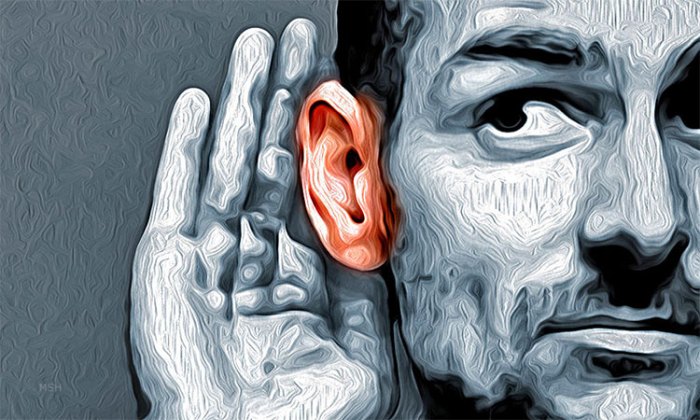Phoenix Hears Voices in His Head delves into the extraordinary experiences of individuals who perceive voices that others cannot. This captivating narrative unravels the complexities of this enigmatic phenomenon, examining its causes, impact, and the strategies employed to navigate its challenges.
Drawing upon a wealth of research and case studies, this comprehensive analysis illuminates the nature of voice-hearing experiences, their origins, and the diverse ways in which they manifest in individuals’ lives.
1. Phoenix’s Voices
An Overview

Phoenix, an individual who identifies as non-binary, has experienced persistent auditory hallucinations since childhood. The voices, which range from whispers to loud shouts, manifest as distinct characters with varying personalities and agendas. Phoenix reports that the voices are often critical, judgmental, and intrusive, impacting their daily life and relationships.
The voices are relentless, appearing at any time, regardless of location or activity. Phoenix describes them as a constant barrage of commentary, often interfering with sleep, concentration, and social interactions. The content of the voices varies, from mundane observations to personal attacks and threats.
The voices have a significant impact on Phoenix’s emotional well-being, leading to feelings of isolation, anxiety, and low self-esteem.
2. Causes and Diagnosis: Phoenix Hears Voices In His Head

The etiology of voice-hearing experiences is complex and multifaceted. In Phoenix’s case, the underlying cause remains uncertain, but several potential factors may have contributed to their condition.
- Medical Conditions:Phoenix has a history of migraines and epilepsy, both of which have been linked to auditory hallucinations.
- Psychological Factors:Phoenix experienced childhood trauma and neglect, which may have predisposed them to developing dissociative symptoms, including voice-hearing.
- Life Experiences:Phoenix’s social isolation and lack of support may have exacerbated their symptoms.
Diagnosing the cause of voice-hearing experiences involves a comprehensive assessment by a mental health professional. This may include a detailed clinical interview, psychological testing, and medical examinations to rule out any underlying medical conditions.
3. Management and Treatment
Managing and treating voice-hearing experiences requires a tailored approach that addresses both the underlying causes and the specific needs of the individual. In Phoenix’s case, several treatment modalities have been employed.
- Medication:Phoenix has been prescribed antipsychotic medication to reduce the frequency and severity of the voices. While the medication has provided some relief, it has also caused side effects such as drowsiness and weight gain.
- Therapy:Phoenix has engaged in cognitive-behavioral therapy (CBT) to develop coping mechanisms for managing the voices. CBT focuses on challenging negative thoughts and beliefs that contribute to the distress associated with voice-hearing.
- Support Groups:Phoenix has found support and validation through attending support groups for individuals who hear voices. These groups provide a safe space to share experiences and learn from others.
The effectiveness of different treatments varies widely among individuals. It is essential to find a treatment plan that is tailored to the specific needs and preferences of the person experiencing voice-hearing.
FAQ Explained
What are the potential causes of voice-hearing experiences?
Voice-hearing experiences can stem from various factors, including medical conditions (e.g., epilepsy, schizophrenia), psychological factors (e.g., trauma, stress), and life experiences (e.g., social isolation, sensory deprivation).
How are voice-hearing experiences diagnosed?
Diagnosis typically involves a comprehensive evaluation by a mental health professional, including a detailed history, physical examination, and psychological assessment to determine the underlying cause.
What are the different approaches to managing and treating voice-hearing experiences?
Management and treatment options vary depending on the individual and the underlying cause, and may include medication, therapy (e.g., cognitive-behavioral therapy, acceptance and commitment therapy), and support groups.
